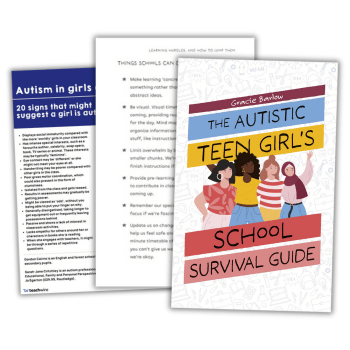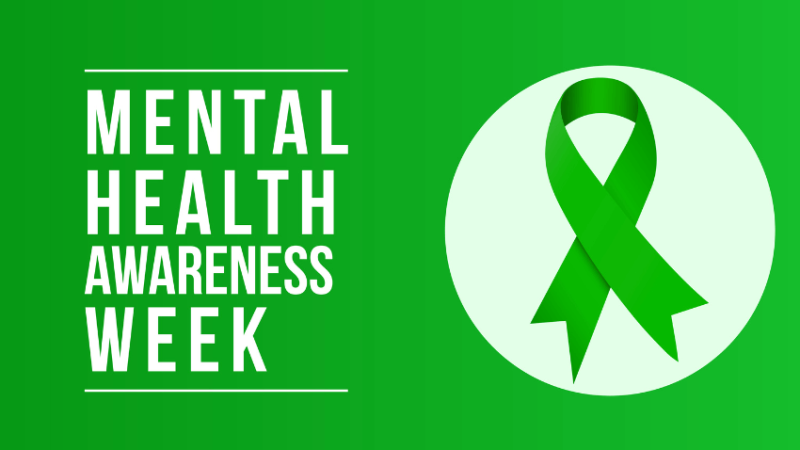Trauma-informed training – why all teachers should have it

In the face of rising mental health issues for children, all teachers should receive trauma training in school

Like it or not, teachers and schools are a frontline mental health service.
According to the NHS Survey of Mental Health in Children and Young People 2021, probable disorders in children aged six to 16 increased from one in nine in 2017 to one in six in 2021.
The study also highlighted that almost 70 per cent of parents sought support from an education professional in regard to their child’s mental health, compared to 38 per cent from a health professional.
Access to Child and Adolescent Mental Health Services (CAMHS) continues to be problematic, leaving children and families in difficulty.
Add to this the impact of lockdown, in which some children experienced increased exposure to stressors such as poverty, isolation, increased levels of domestic abuse and profound experiences of loss of loved ones, and the problem only grows.
Kids have also had to deal with difficult issues such as the conceptual losses of safety, structure, freedom to act and the inability to mark milestones.
It’s a lot to cope with. As a result, schools are seeing high levels of anxiety and behaviours in the classroom that are underpinned by traumatic experiences, and ultimately interrupt learning.
Toxic stress
When a child experiences continued stressful events in the absence of an emotionally available adult – someone who responds to their needs, provides co-regulation and helps them make sense of events – their stress response system becomes overactive.
This is known as toxic stress and manifests in brain and body systems that are altered by the experience, leaving the child in a hypervigilant state, primed to survive, not to learn.
These responses are the child’s best attempt to manage their situation, but place them at a huge disadvantage in the classroom.
Unable to learn, and often met with punitive behaviour management strategies or zero-tolerance cultures that seek to supress the behaviour and gain compliance, these children find themselves escalating through the system, facing fixed-term suspensions or permanent exclusion.
Government statistics identify ‘persistent, disruptive behaviour’ as the main reason for exclusion – (34 per cent across all state funded schools in 2019/2020).
Without trauma informed training, teachers may be ill-equipped to recognise and respond appropriately, unwittingly contributing to, or re-traumatising a child through inappropriate behaviour management strategies, or school environments that exacerbate the child’s perception of feeling unsafe.
Trending
Challenging behaviour in children
Adopting a whole-school, trauma-informed approach involves training every member of staff to understand that children whose brains and bodies are experiencing toxic stress are not in a state where they can learn, academically or emotionally.
Teachers are trained to recognise the behaviours associated with toxic stress, and view behavioural challenges with professional curiosity, for example asking “What happened to you?” rather than “What is wrong with you?”.
Recognising that the child’s behaviour is a response to an experience or crisis supports adults to respond consistently from a steady place, reducing stress and increasing confidence.
Teachers need to be equipped with the knowledge and skills to create psychological safety within the classroom, to ensure all children feel safe enough to learn.
This involves understanding how our voice, face, body and ways of relating to children contribute to the unconscious perception of safety, downregulating the stress response.
Strong, positive relationships also act as resilience factors for children, buffering the impact of adversity.
Children spend an average of 190 days a year in school. The best people to support a child to recover from the impact of trauma are those who spend the greatest amount of time with them.
We as educators are best placed, in collaboration with parents and carers, to do this. The benefits are many: improved attendance for children and teachers, staff retention, improved academic achievement, reduction in positive handling, and reduced low-level behaviour.
As teachers, it has always been our remit to remove the barriers to learning. Trauma and the experience of adversity in childhood is just that.
By providing a trauma-informed and responsive environment for every child, we enable all children to feel safe enough to learn and develop the ability to live life well.
Julie Harmieson has over 18 years’ experience as a teacher and senior leader and is now director of education and national strategy at Trauma-Informed Schools UK (TISUK).











